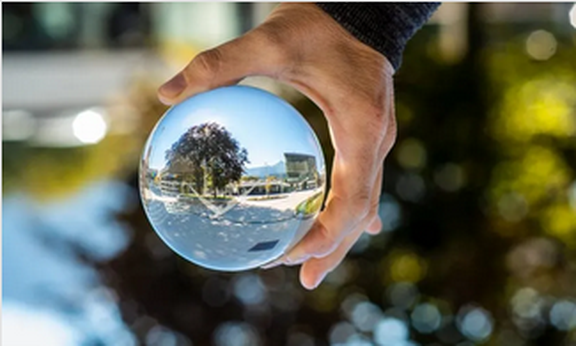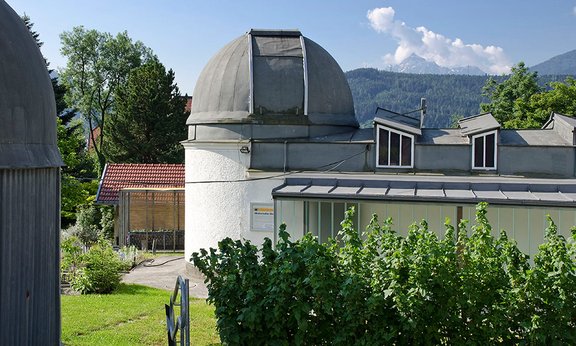Research profile
Scientists research and teach in a wide variety of scientific disciplines at the University of Innsbruck, which thus covers a large part of the university's canon of subjects. 16 faculties and 89 departments illustrate this diversity of subjects.
Research focus system
In order to strengthen its research profile and the networking of research activities, the University of Innsbruck has successfully established and continuously developed an interdisciplinary research focus system since 2005. This system, which is unique in Austria in terms of its breadth and depth, is the driving force behind interdisciplinary cooperation and scientific innovation.
Information on the research focus system
The internal doctoral colleges which were created in 2016 to improve the quality of supervision in the dissertation phase, are directly linked to the system of research priorities.
Research infrastructure
Modern infrastructure is a central cornerstone for maintaining a high level of research and international competitiveness. The University of Innsbruck therefore regularly renews and expands its building and equipment infrastructure. Equipment offered for co-operation and external use can be accessed via the BMBWF database.
The University of Innsbruck is also home to a large number of archives and collections. The diverse and sometimes unique collection items and archives form a great scientific and cultural treasure.
Research excellence
Diverse research initiatives, prestigious research awards and renowned third-party funding characterise the University of Innsbruck and its scientists.
Awards for excellence
Three Wittgenstein Prize winners and numerous winners of the national START Prize and European ERC grants come from the University of Innsbruck.
Clusters of Excellence
The University of Innsbruck coordinates an FWF-funded Austrian Cluster of Excellence and is involved in two other Clusters of Excellence.
Research co-operations
The University of Innsbruck works closely with other research institutions at a national level. The university cooperates with the Austrian Academy of Sciences through two joint institutes, Institute for Quantum Optics and Quantum Information (IQOQI) and Institute for Interdisciplinary Mountain Research (IGF).
In addition, scientists are actively involved in national and international research networks that bundle and support the work of excellent research groups.
Support for networking and the mobility of researchers is also provided by AURORA Alliance with its wide range of activities.


